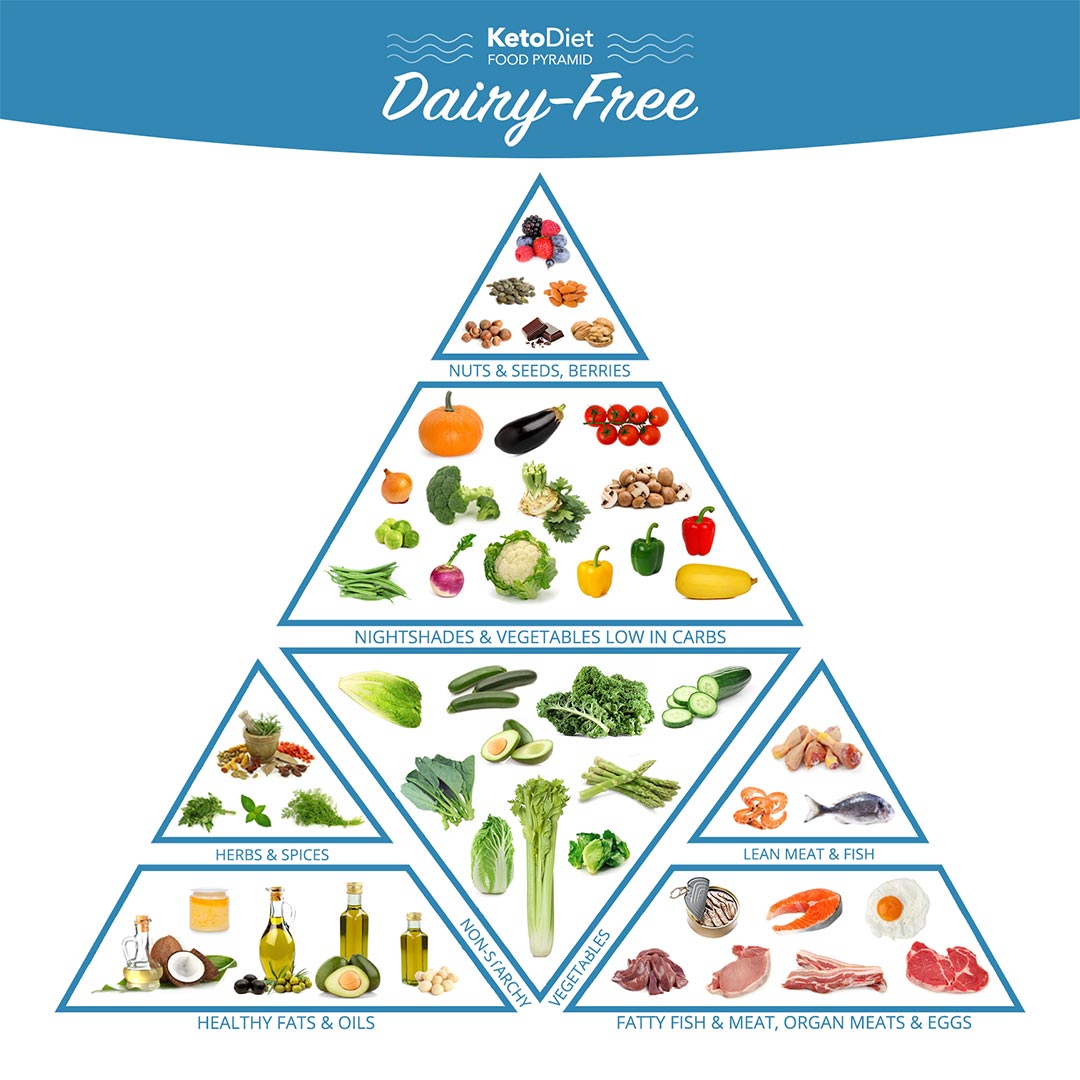Dairy Free Diet: Living Without Milk

The Benefits of a Dairy-Free Diet
A dairy-free diet has numerous benefits, including:
- Reduced risk of lactose intolerance symptoms such as bloating and gas
- Improved digestion
- Reduced risk of inflammation and acne
- Reduced risk of certain cancers
- Reduced risk of exposure to hormones and antibiotics found in dairy products
How to Live Without Milk
If you're considering a dairy-free diet, it's important to know how to live without milk. Here are some tips:
- Use plant-based milk alternatives such as almond, soy, or oat milk
- Look for dairy-free alternatives to cheese and yogurt
- Read labels carefully to avoid hidden dairy products
- Experiment with new recipes that don't use dairy products
- Be prepared when eating out by researching dairy-free options beforehand
The Drawbacks of a Dairy-Free Diet
While a dairy-free diet has many benefits, it also has some drawbacks:
- Reduced intake of calcium and vitamin D, which are important for bone health
- Increased risk of nutrient deficiencies if not carefully planned
- Restricted food choices, which can make it difficult to eat out or participate in social events
- Higher cost for dairy-free alternatives
FAQs
What are some good sources of calcium for a dairy-free diet?
There are many non-dairy sources of calcium, including leafy greens, fortified plant-based milks, tofu, and almonds.
Is a dairy-free diet suitable for children?
A dairy-free diet can be suitable for children, but it's important to make sure they are getting enough nutrients such as calcium and vitamin D. Consult with a pediatrician or registered dietitian to ensure a balanced diet.
Can a dairy-free diet help with acne?
Eliminating dairy products from your diet may reduce inflammation and improve acne, but more research is needed to confirm this.
Is it difficult to eat out on a dairy-free diet?
Eating out on a dairy-free diet can be challenging, but many restaurants offer dairy-free options or can accommodate dietary restrictions. Research menus beforehand and ask your server for recommendations.
Overall, a dairy-free diet can have many benefits, but it's important to be aware of the potential drawbacks and make sure you are getting all the necessary nutrients. By incorporating plant-based alternatives and being mindful of food choices, living without milk can be a healthy and sustainable option.
